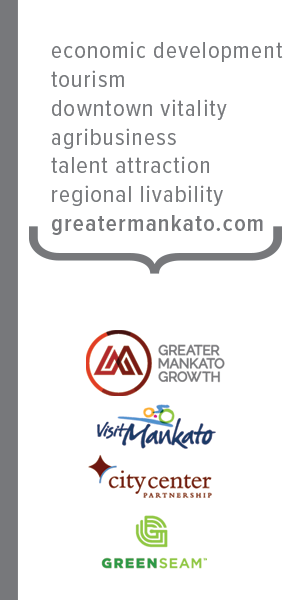All work and no play
A while ago, right as winter started melting away, I caught some of the germs that tend to hover in the air as the weather turns warm. It was a triple whammy: a head cold, a sore throat and an ear infection. I was so sick that I basically ate ice cream and slept for 48 hours. I didn’t even go to church, which is pretty unheard of for me.
And, for the first time in a long time, I didn’t feel guilty about lying around all weekend.
Usually, if I have a ton of time on my hands, even “leisure time” after my work is done for the day, I start to feel anxious. What should I be doing to use that time productively? Cleaning? Reading? Starting a new project? I’m sure I’m not alone here. Many Americans cram as much into their days as they possibly can, from pre-dawn workouts to late nights on the computer, squeezing extra work hours in. In fact, according to the Washington Post, the average workweek for Americans is now 47 hours long.
While about 50 percent of Americans report they work more than 40 hours a week, 21 percent report they work up to 59 hours a week, and a whopping 18 percent report working more than 60 hours a week. That’s something like 12 hours a day, if you only work five days a week, or still 8.5 hours a day if you work every single day, Sunday through Saturday.
When it comes to other countries’ workweeks, the U.S. has consistently ranked on the higher end of the list. More than a decade ago, France mandated a 35-hour workweek. (Workers are allowed to work more than that amount if they want, and French workers actually average closer to 39.5 hours per week.) The rest of the Eurozone countries average around 40.5 hours per week, according to the NY Times. But the country that takes this trend to the most extreme may just be the Netherlands, with workers only averaging about 29 hours of work per week, according to CNN.
On the flip side, there are countries that outwork the U.S. Workers in Singapore tend to rack up 600 more hours of work every year than their U.S. counterparts, and other Asian countries, such as Hong Kong and Korea, clock similar amounts of time.
Whether or not a certain country is “doing it” better than others isn’t my main point here. But there are plenty of reasons you should consider trimming back your work hours.
“But if I work more, I’ll get more done,” you might be saying.
On the face of things, this would seem like a reasonable assumption. If you can correct one article in two hours, you’ll be able to increase your work output by 20 percent if you stay two hours later one Monday night. However, in real life, this isn’t always the case. In fact, according to the Economist, working more than 50 hours a week actually decreases your productivity. And when scientists compared the output of factory workers who worked 70 hours to those who worked 56 hours, there was almost no difference in output. Those extra 14 hours were just a waste of time!
When you think about it, it makes sense: if you’re pushing yourself beyond your limits, you’re going to become too tired to catch your mistakes. Workplace accidents occur more frequently when workers are tired, too. And there are numerous other reasons overworking yourself can be bad for your health. Besides the stress that can pile up on top of you, you also see your risk of heart disease increase by 67 percent if you work more than 7-8 hours a day.
Somewhere along the line in the 250-year history of the United States, we’ve shifted from valuing hard work to valuing busyness. We’ve all heard it (or said it): “I’m just swamped with work!” We pride ourselves on how busy we are, because we equate being busy with being successful. So we shove our days full of non-stop work from our 6 a.m. trip to the gym to our 11 p.m. proofreading homework. If we’re not doing something with our time, something tangible that we can point to for proof that we’re hard-working members of society, we feel lazy.
And I think that’s crazy.
Don’t get me wrong. Sometimes, we do have to pull late nights at the office to make sure everything is done by deadline. But on average, I think it’s important to balance your work life with your personal life instead of letting the first eat away at the second.
The former CEO of the Pacific Investment Management Company, Mohamed El-Erian, made news late last year when he gave up a yearly $100 million paycheck to spend more time with his family. Around the same time, Max Schireson, CEO of MongoDB Inc., also made headlines when he made the same decision. People praised them for realizing that family is more important than work.
Is that really so revolutionary?
Unfortunately, we can’t all afford to just quit our jobs and spend all our time with our family and friends. But we can be more proactive about reserving time for ourselves outside of work—and refusing to feel guilty about simply relaxing. Sometimes, you just need to sit down and not do anything but pet a cat that has settled down on your lap. We weren’t built to work nonstop. We’re not robots.
In the words of Lin Yutang, a philosopher much wiser than I:
“Besides the noble art of getting things done, there is the noble art of leaving things undone. The wisdom of life consists in the elimination of non-essentials.”
So there you have it. Do what you need to do, but don’t kill yourself working overtime. Life is too short to waste it all in the office.

